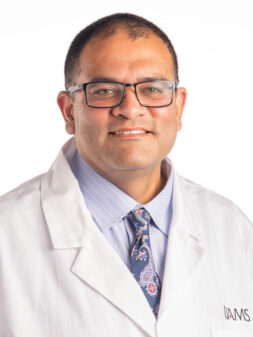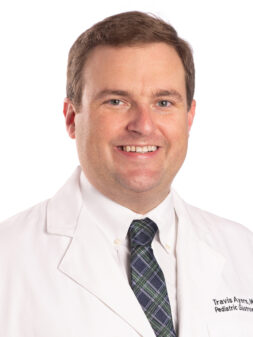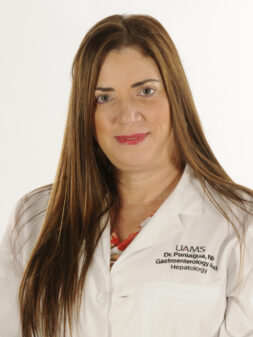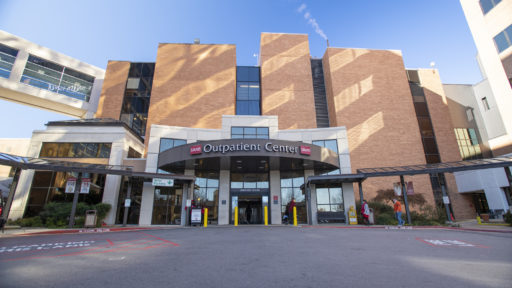Ulcerative colitis (UC) is a disease that causes inflammation and sores, called ulcers, in the lining of the rectum and colon. It is one of a group of diseases called inflammatory bowel disease.
UC can happen at any age, but it usually starts between the ages of 15 and 30. It tends to run in families. The most common symptoms are pain in the abdomen and blood or pus in diarrhea. Other symptoms may include:
- Anemia
- Severe tiredness
- Weight loss
- Loss of appetite
- Bleeding from the rectum
- Sores on the skin
- Joint pain
- Growth failure in children
About half of people with UC have mild symptoms.
Doctors use blood tests, stool tests, colonoscopy or sigmoidoscopy, and imaging tests to diagnose UC. Several types of drugs can help control it. Some people have long periods of remission, when they are free of symptoms. In severe cases, doctors must remove the colon.
NIH: National Institute of Diabetes and Digestive and Kidney Diseases
Courtesy of MedlinePlus from the National Library of Medicine.
Syndicated Content Details:
Source URL: https://medlineplus.gov/ulcerativecolitis.html?utm_source=mplusconnect&utm_medium=service
Source Agency: National Library of Medicine
Ulcerative colitis
Ulcerative colitis is a chronic disorder that affects the digestive system. This condition is characterized by abnormal inflammation of the inner surface (epithelium) of the rectum and colon. The rectum and colon make up most of the length of the large intestine. The inflammation usually causes open sores (ulcers) to develop in the large intestine. Ulcerative colitis usually appears between the age of 15 and 30, although it can develop at any age. The inflammation tends to flare up multiple times throughout a person's life, which causes recurring signs and symptoms.
The most common symptoms of ulcerative colitis are cramping abdominal pain and frequent diarrhea, often with blood, pus, or mucus in the stool. Other signs and symptoms include nausea, loss of appetite, bowel urgency, fatigue, and fevers. Chronic bleeding from the inflamed and ulcerated intestinal tissue can cause a shortage of red blood cells (anemia) in some affected individuals. People with this disorder have difficulty absorbing enough fluids and nutrients from their diet and often experience weight loss. Affected children usually grow more slowly than normal. Less commonly, ulcerative colitis causes problems with the skin, joints, eyes, kidneys, or liver, which are most likely due to abnormal inflammation.
Toxic megacolon is a rare complication of ulcerative colitis that can be life-threatening. Toxic megacolon involves a widening (dilation) of the colon and an overwhelming inflammatory response. Ulcerative colitis also increases the risk of developing colon cancer, especially in people whose entire colon is inflamed and in those who have had ulcerative colitis for 8 years or more.
Ulcerative colitis is one common form of inflammatory bowel disease (IBD). Another type of IBD, Crohn's disease, also causes chronic inflammation of the intestines. Unlike ulcerative colitis, which affects only the inner surface of the large intestine, Crohn's disease can cause inflammation in any part of the digestive system, and the inflammation extends deeper into the intestinal tissue.
Courtesy of MedlinePlus from the National Library of Medicine.
Syndicated Content Details:
Source URL: https://medlineplus.gov/genetics/condition/ulcerative-colitis?utm_source=mplusconnect&utm_medium=service
Source Agency: National Library of Medicine





